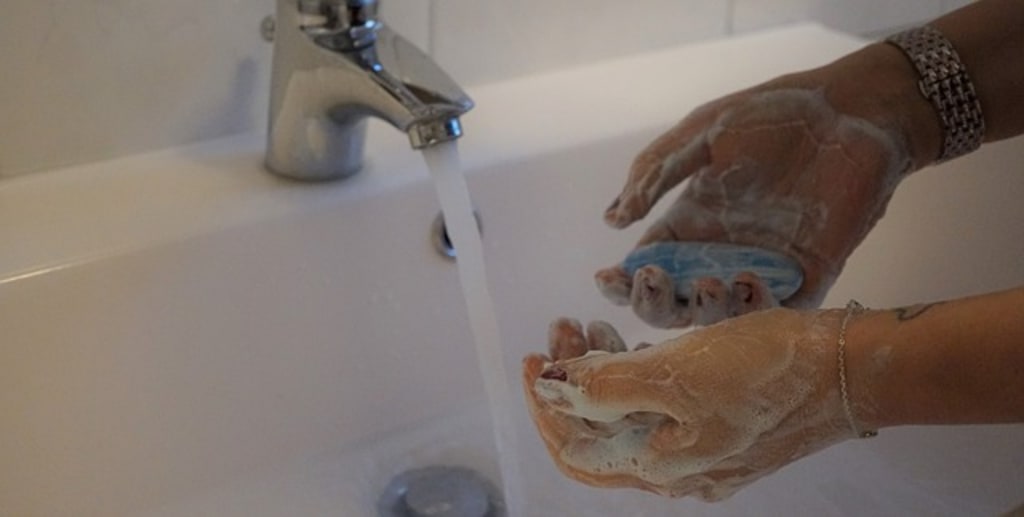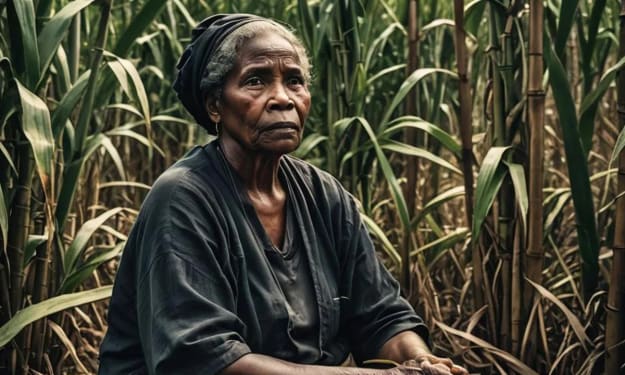COVID-19 guidelines
COVID-19 complete preventing guidelines

What is COVID-19?
COVID-19 is a highly infectious respiratory illness caused by the severe acute respiratory syndrome coronavirus 2 (SARS-CoV-2). It was first identified in Wuhan, China in December 2019 and has since spread to many countries around the world. The virus is primarily transmitted through respiratory droplets produced when an infected person speaks, coughs, or sneezes, and can also be spread by touching a surface or object contaminated with the virus and then touching the mouth, nose, or eyes.
Symptoms of COVID-19 can range from mild to severe and may include fever, cough, difficulty breathing, body aches, fatigue, and loss of taste or smell. Some people with COVID-19 may have no symptoms at all, or may have symptoms that are so mild they do not realize they are infected. In severe cases, COVID-19 can lead to pneumonia, acute respiratory distress syndrome (ARDS), and death.
There are several vaccines available to protect against COVID-19, and vaccination efforts are underway in many countries. In addition, public health measures such as wearing masks, practicing physical distancing, and washing hands frequently can help reduce the spread of the virus. It is important for individuals to follow the guidance of public health authorities in their local area to help control the spread of COVID-19 and protect themselves and others.
COVID-19 preventing guidelines
There are many different guidelines and recommendations for preventing the spread of COVID-19 and protecting oneself and others from the virus. Here are a few key guidelines that have been recommended by public health authorities:
Wear a mask:
Wear a mask or face covering in public settings, especially when it is not possible to maintain physical distancing. Masks can help reduce the spread of the virus by trapping respiratory droplets produced when an infected person speaks, coughs, or sneezes.
Practice physical distancing:
Maintain a distance of at least 6 feet (2 meters) from others whenever possible. This is especially important in crowded spaces or when interacting with people who are not members of your household.
Wash your hands frequently:
Wash your hands with soap and water for at least 20 seconds, especially after touching your face or coming into contact with high-touch surfaces such as doorknobs, keyboards, and phones.
Stay home if you are sick:
If you are experiencing COVID-19 symptoms or have been in close contact with someone who has tested positive for the virus, stay home and self-isolate to prevent spreading the infection to others.
Follow quarantine and isolation guidelines:
If you have been exposed to COVID-19 or have tested positive for the virus, follow guidelines from public health authorities for quarantine or isolation to prevent the spread of the virus to others.
It is important to follow the guidelines and recommendations of public health authorities in your local area, as they may vary depending on the level of transmission and other factors. Stay informed and take steps to protect yourself and others from COVID-19.
There is currently no specific medicine that can cure COVID-19 or prevent infection with the virus. The best way to prevent infection with COVID-19 is to follow recommended public health measures such as wearing a mask, practicing physical distancing, washing your hands frequently, and staying home if you are sick.
COVID-19 vaccines
There are several vaccines available that can protect against COVID-19. These vaccines have been shown to be safe and effective in clinical trials and have been authorized for emergency use by regulatory agencies around the world. Vaccination is an important tool in the fight against COVID-19 and can help reduce the spread of the virus and protect individuals from severe illness.
If you have been exposed to COVID-19 or have tested positive for the virus, your healthcare provider may recommend medications to help manage your symptoms and prevent complications. These may include over-the-counter pain relievers to reduce fever and body aches, and in some cases, antiviral medications to help reduce the severity of the illness. It is important to follow the advice of your healthcare provider and seek medical attention if you are experiencing severe symptoms or are at high risk for complications.
About the Creator
Enjoyed the story? Support the Creator.
Subscribe for free to receive all their stories in your feed. You could also pledge your support or give them a one-off tip, letting them know you appreciate their work.





Comments
There are no comments for this story
Be the first to respond and start the conversation.